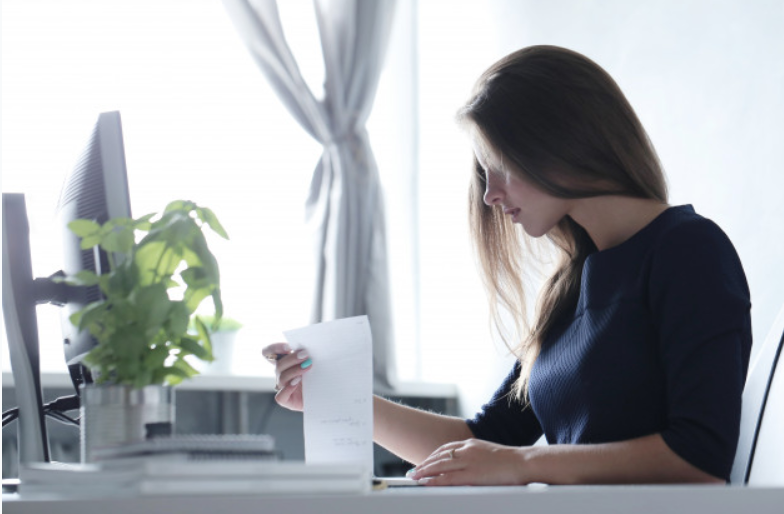COVID-19: Tips From a Work-at-Home Veteran
If you’re not used to working from home, though, you might feel lonely, distracted, unproductive, or just weird. It’s one thing to work from home occasionally, and quite another to be exiled from the office because of who knows how long.
There are some tips shared by Carmicheal about work from home.
In 2018, she left a job where she was a Monday-to-Thursday office worker, with deep work Fridays at home, and moved to a new job where she would work almost all the time from home. Besides, she thought it would be heavenly to have five days a week of binge-editing at home. But, she thought it was going wrong. Until she learned to set boundaries between work and leisure, it was dislocating and disorienting.
The first piece of advice: Get dressed in real clothes. It would be fun to wear yoga pants and sweatshirts every day, but she quickly learned it was a great way to feel like a depressed hermit. When you’re working from your guest bedroom, you don’t need to put on a three-piece suit (although don’t let me stop you!) but you should at least wear real pants and a good shirt. Save your sweats for the weekend to help create a boundary between work and life.

It’s also important to stick to a schedule. It may seem silly to have a designated start and stop time when working at home; after all, lots of us — especially those with the ability to work from home — are constantly tethered to work by our digital devices, regardless of whether we’re in the office, at home or on some remote mountaintop. But when you work from home, it’s crucial to have a schedule. Without one, days and weeks can burn too easily, and in two days you’ll find yourself snacking your way through two weeks of tortilla chips. Decide on the specific times when your day of work begins and ends, and when you break for lunch and snacks. You may still be able to attend to some important tasks outside your normal hours, but at least try to have normal hours.
You can reinforce your sense of routine by having a ritual that starts and ends your workday to take the place of a commuting ritual. Perhaps the only virtue of having a commute is that it creates a buffer around the workday — it helps you ease into, and then out of, the mental space you need to be in to work. When your “commute” is from the bedroom to the kitchen counter, though, the line separating work from life starts to fade. So come up with something to mark the beginning and the end of the day. From her perspective, it’s listening to podcasts — the same daily podcasts herald the start and finish of my workday, only now instead of listening to them on the train, she do so while washing dishes. (It’s amazing how many dirty dishes one generates when stuck at home.)
Pick a spot to be your place of work. This might be a spare room in a house. It could be a chair in a studio apartment. Work from this place when you’re working. If you don’t work, avoid it. Have designated areas where you can avoid working — like your bed.

Try setting a timer to shut off the digital distractions that are louder at home than in the office. Until the bell rings for 20 minutes, promise not to check the coronavirus map or scroll through anxious tweets.
Some people react to working from home by trying to prove how productive they are — to send emails, to pick up a phone, to block Slack channels. You might find that you actually hear more from your colleagues when you can’t see them than when you were all sitting together. If you’re having trouble focusing because of this surge in chatter, try a team effort to schedule communication time (like a morning team check-in) and quiet time (like a “library period” when you’re all expected to stop emailing).
Last but not least, there’s a fence in your guilt. Some people— especially those caring for young children while trying to work remotely— have already heard that they’re struggling to feel productive and that they feel guilty about the amount of work they’re (not) able to do. Take a step back now. The coronavirus pandemic is a bizarre and exceptional crisis, hopefully, a once-in-a-lifetime occurrence. You’re entitled to find it disturbing. So don’t beat yourself up if you’re not working at your usual 110% best. Just do what you can. Ask your boss to help you set priorities. And when it’s time to go “home” for the day, shut down your guilt along with your laptop.
The source is here.
Written by: JEN YONG
Enterprise Mobility Strategist & Mobile Security Specialist
Related posts
Sorry, the comment form is closed at this time.




